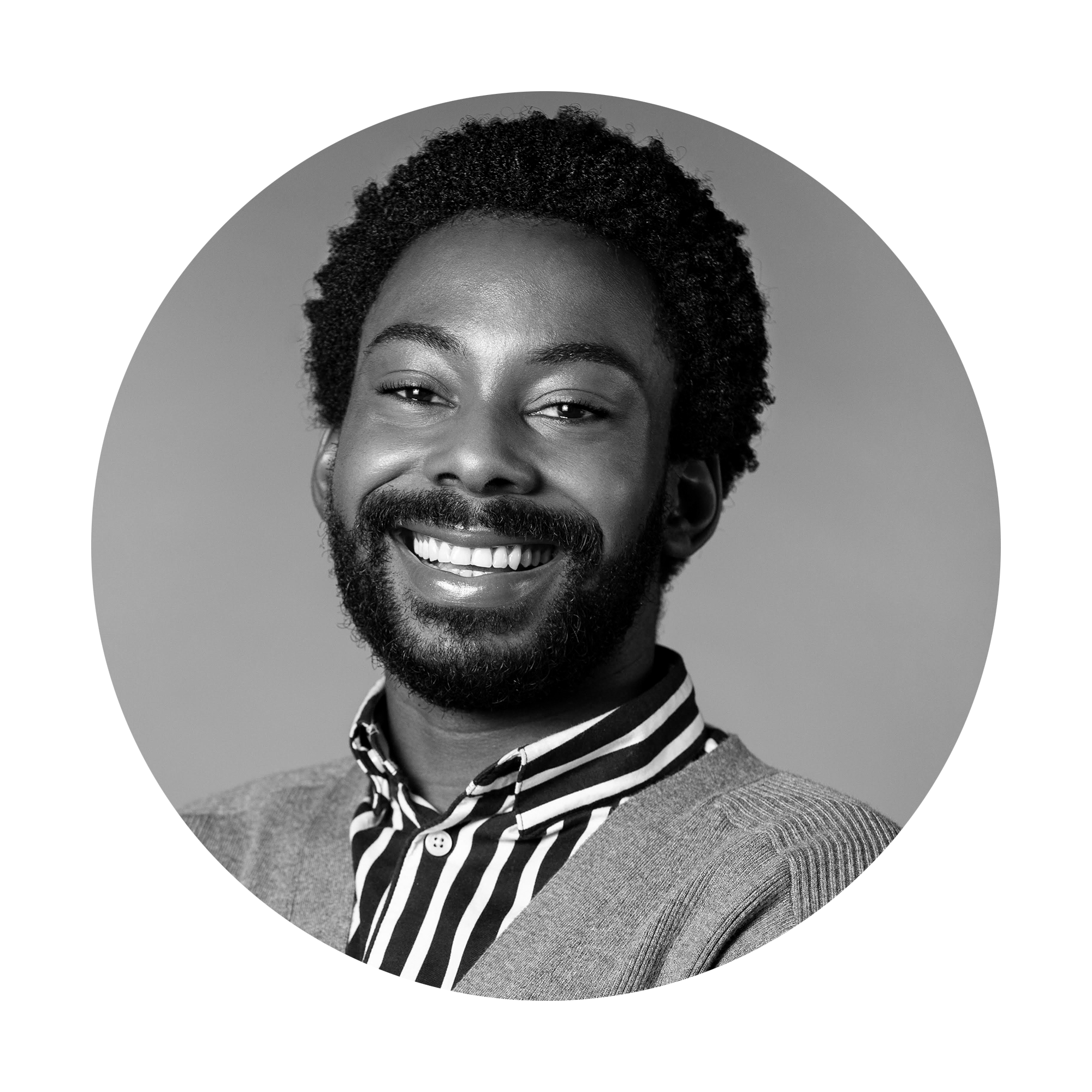Guy Duncan is Director of Industry Affairs for Outvertising.org, advisor to National AIDS Trust (NAT), an ex-Global Content Director for The Coca-Cola Company, and recently graduated from London University with his MA in Queer History.
As someone who has lived with HIV for most of my life and worked within the marketing and advertising industries my entire career, I will always have one eye on what marketing activity happens around World Aids Day. And as we will have the country in lockdown for the day, due to another yet-to-be resolved global pandemic, the issue of their marketing cutting through, or working alongside Covid-19 communications is one which health workers fighting AIDS and those within AIDS charities will have debated since March this year.
World Aids Day, first introduced Dec 1st 1988, is the world’s longest running disease-awareness initiative, and has been through many changes and evolutions in terms of communications. To begin it was about the political challenges and the desperately needed financial requirements of fighting AIDS. As much of that endeavour was met with silence by western governments and politicians in the Reagan-Thatcher era, the shift away from associating the disease primarily with gay men, and intravenous drug users happened swiftly. Communications moved to focus on the increased infections in women and the broader heterosexual population and later, campaigns focused on children with HIV, and what the disease does to tear up families.
As the 90s wore on, and breakthrough antiretroviral medication became available on the NHS the focus turned to the importance of ensuring their awareness was widely known, as well as on the complex daily regimens of the drug-combinations to be taken.
Later World AIDS day communications laid bare the emerging global disparities of trying to survive the disease with nations with universal health care systems being able to provide for those living with HIV, which cast a shaming light on the inadequacies of the AIDS- critical situation in the USA, with a healthcare system only providing for the better-off with funds or health insurance. The themes for World Aids Day also began to focus on the despair of those millions suffering in Africa or Asia where healthcare was close to non-existent and medical assistance for those living with HIV went unprovided.
Throughout the last 3 decades, global figures lent their support: Mandela, Princess Margaret, Princess Diana, Bill Clinton, Bill Gates, Elizabeth Taylor, Elton John and even the Bush Foundation became key influencers in the global campaign to fight and control the disease and seek a cure. More recently Rihanna, Prince Harry and Lady Gaga have taken up the cause.
Today, it is estimated that Covid-19 has killed an estimated 1.45 million people worldwide. We live in a socially distanced, lockdown Britain where close to 60,000 deaths look highly likely to rise this winter.
Since the pandemic’s emergence in 1981 approximately 33 million lives have been lost to AIDS globally. Today 38 million people around the world live with HIV. The 1980s or 1990s saw no government-led lockdowns, no Nightingale hospitals built by the state within 9 days, and no collaborative urgency in the global search for vaccines. In fact, one cannot help but notice AIDS gave rise to almost comparable Inactivity, a lack of state intervention which led to millions dying without the similar worldwide attention afforded this Covid rollercoaster.
This World AIDS Day 2020 matters more than ever – Russia and South-Africa, among other nations face ever-increasing infections, status-knowledge is more imperative worldwide, and universal testing is key to halting its progression. The longer-term emotional impact is only just emerging. The costs of and availability of PREP and preventative drugs need lowering dramatically. Stigma surrounding the disease is prevalent and growing in all nations. The behaviour surrounding this stigma needs to change. The fiscal politics of fighting HIV within a world economy overburdened by the impact of Covid-19 has made funding the fight against AIDS an endangered activity. Which is why I applaud this year’s global theme of “communities coming together” to prevent HIV and defeat AIDS by the year 2030. To fight both diseases we must come together to acknowledge the damage they are doing to our societies. Keeping up pressure on both will build shared knowledge, and increased confidence to defeat pandemics worldwide
I’ve done only a scant and weirdly guilty online search, but I think I must be the only one in marketing or advertising in the UK to have been open about being HIV+ to date. Many reasons this might be – societal stigma making itself present in agencies, living in fear of disclosure or upsetting the client-relationship, medical insurance which might not stretch far enough to cover such employees, the perceived risk of traveling to foreign nations for meetings or production shoots abroad where local governments may not look too kindly on people living with HIV, or worse ban you from entering the country outright. Ignorance of HIV and transmission. Ignorance of life-expectancy for those undetectable. I have faced all these things. I have kept my status quiet from agencies in the past. I have left my medication behind when needing to travel to client events in other nations. And I’ve not only survived, but I’ve thrived, and I hold my head high.
Fuelled by personal heroes: Chris Smith, now in the Lords, Gareth Thomas the rugby international, Lloyd Russell-Moyle MP, and watching the ground-breaking season 2 of Ryan Murphy’s Pose, I finally came out about my own positive diagnosis recently. Back then I was young, it was a frightening time, and I kept quiet for fear of losing everything: my career, my reputation, my friends, and my family. My own personal shame was (or is) another whole battle on top of those fears. The advertising industry would not have been kind back then, but I like to think the industry can and has progressed. I came out in the 90s but came out much later regarding my HIV status – and critically has meant stigma has stood in the way of bringing my authentic self to the workplace.
Our industry I hope is better equipped and more knowledgeable about pandemics today; I hope that HR Directors and leaders in our business don’t fall foul of stereotyping and stigmatizing of disease in general. I also hope in the rush to increase training in diversity and care for inequality in our industry, that HIV could be a more open and prominent discussion, on panels and training programmes when relevant. As there is still much more education to pass on. I wish there could be more role models to join me to help smooth a distressing path for any younger employees affected. If other sectors have overcome these areas, and they have, and manage the issues for their employees, there’s no reason advertising agencies and marketing departments cannot do the same.
Some brands will support activities on December 1 with depth, others will simply check the HIV box by tweeting on one day of the year, and most others will ignore World Aids Day. But if anything, Covid has taught me that united efforts should be much more developed than this, and the support more widespread. It’s a shock to see 670,000 people died in 2019 from AIDS related illnesses across our planet without publicity and with little awareness . But Covid efforts have shown us what is possible in such a short time span.
As Bianca says eloquently in Season 2 of Pose (episode 8): “The H in HIV? It stands for human”. Never forget it. And enjoy the celebrations of this World Aids Day, Dec 1, 2020.
*UNAIDS sourced for stats on AIDS
*OurWolrdInData for stats on Covid-19




